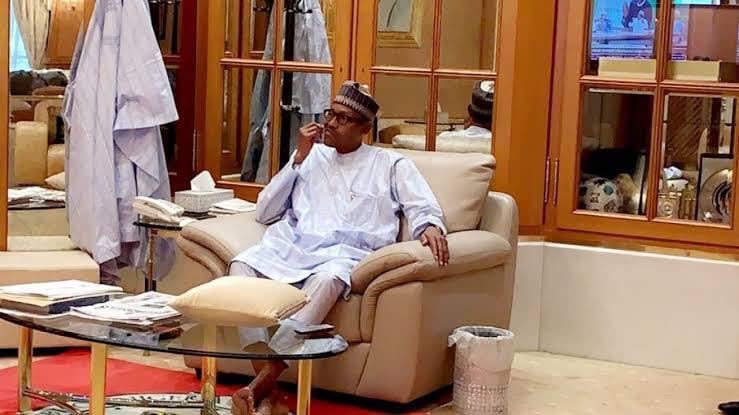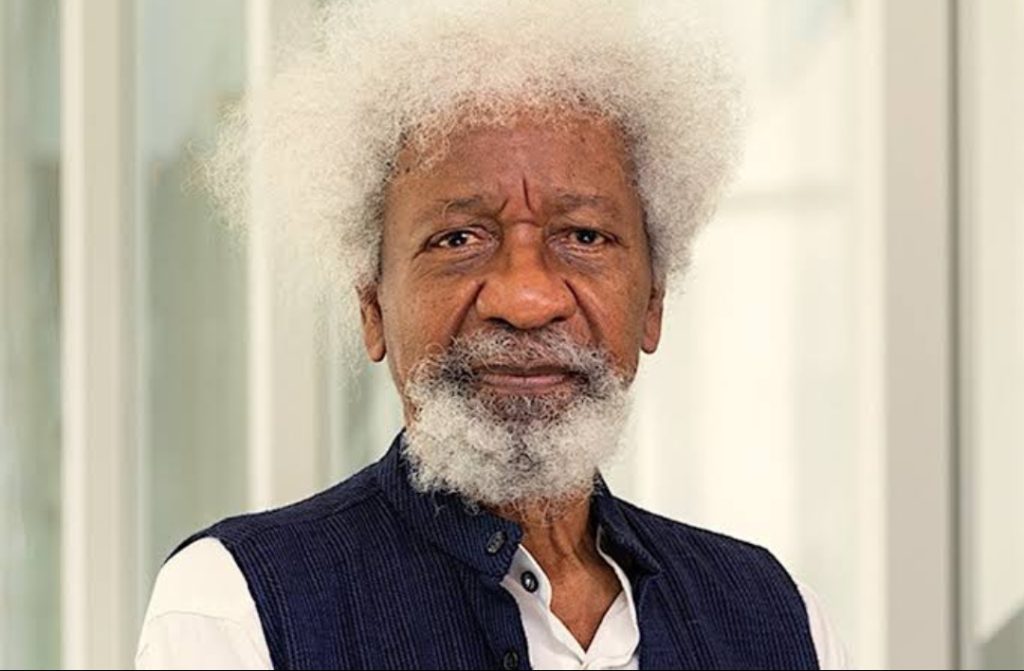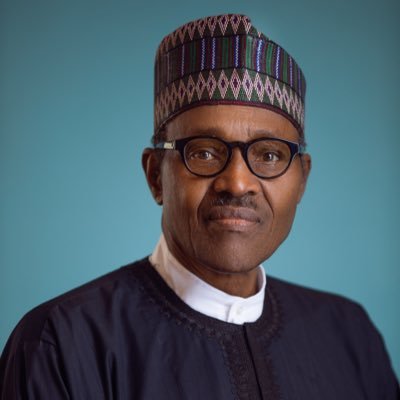
“Buhari Ate Beans and Pap for 8 Years, Rejected N10 Million Food Budget” – Garba Shehu Shocks Nigerians with Humble Revelation

In an unexpected revelation that has sparked debate and disbelief across Nigeria, Garba Shehu, the former Senior Special Assistant on Media and Publicity to President Muhammadu Buhari, disclosed that the ex-president lived a frugal life throughout his eight-year tenure, often eating beans and pap while rejecting a proposed N10 million food budget. This astonishing claim was made public during an interview, as Shehu sought to set the record straight regarding the lifestyle and financial choices of the former Nigerian leader who governed from 2015 to 2023.
According to Shehu, Buhari was not interested in flamboyance or excessive luxuries that often accompany presidential status in Nigeria. Instead, he reportedly preferred the simplest of meals — beans and pap — throughout his presidency. “There was a food budget proposed at one time, around N10 million. He rejected it flatly,” Shehu said. “The president didn’t believe in spending unnecessarily. He ate beans and pap most times, and never fancied extravagant dishes or banquets.”
The news hit social media and trended immediately, with reactions pouring in from all corners. Supporters hailed Buhari for his humility and simplicity, contrasting him with some leaders accused of feeding fat on public funds. Detractors, however, accused the presidency of trying to rewrite history and distract the public from the economic challenges and perceived shortcomings of the former administration. For many, the timing of this disclosure raised eyebrows, especially with Nigeria’s current economic woes being laid at the feet of Buhari’s administration by critics and economists alike.
The comment by Garba Shehu has opened up a floodgate of conversations around leadership, accountability, and the personal choices of those in power. Many Nigerians questioned how a president who supposedly lived on beans and pap could preside over a period marked by widespread complaints of corruption, inflation, and increasing national debt. Others asked why the supposed modest lifestyle did not translate into improved welfare for the masses, particularly in a time when the cost of living rose astronomically under his watch.
Despite the controversies, there is no doubt that Shehu’s revelation has given the public a rare glimpse into the private habits of the former president, who was known for his strict demeanor and Spartan lifestyle even before assuming office. During his military rule in the 1980s, Buhari had already earned a reputation for discipline and asceticism. That image appears to have followed him into civilian leadership, if Shehu’s claims are anything to go by.
Still, many political observers see this as a calculated move to reshape Buhari’s legacy. With a barrage of criticism following the end of his administration, especially from citizens battling the fallout of economic policies and insecurity, Shehu’s narrative could be part of a larger effort to remind Nigerians of the ex-president’s personal integrity, even if his policies remain controversial. “He could have approved any amount for food, for the kitchen, for entertainment,” Shehu added. “But he was content with the bare minimum. He didn’t want his lifestyle to be a burden on the nation.”
Reactions from the public have been mixed. Some Nigerians took to social media to express admiration for Buhari, seeing him as a rare example of modesty in a country where public office is often equated with opulence. Others were less forgiving. “Beans and pap don’t matter if people were still suffering,” one user wrote on X (formerly Twitter). “We didn’t elect him to eat humbly, we elected him to deliver results.”
This disclosure also raises questions about transparency in government spending. If Buhari truly lived such a simple life, many citizens are asking where the billions budgeted annually for the State House went. “It’s not just about what Buhari personally consumed,” another social media commentator noted. “There were still huge allocations for food, hospitality, and miscellaneous expenses at Aso Rock. So who spent that money, and on what?”
Buhari’s presidency was marked by several hot-button issues, including the fight against corruption, insurgency in the North-East, economic recession, and controversial economic decisions like the closure of land borders and the naira redesign. For some, the revelation of his diet feels like a distraction from more pressing issues that defined his rule. For others, it’s a touching reminder that integrity still exists, at least on a personal level, among some Nigerian leaders.
Interestingly, the story comes at a time when Nigerians are grappling with rising food prices, fuel subsidy removal, and general economic hardship. Beans and pap, which were once considered humble, everyday meals, are now increasingly unaffordable for many low-income households. The irony wasn’t lost on some commentators who noted that even the food Buhari reportedly relied on has become a luxury for the average Nigerian family.
This also fuels a broader conversation about what leadership truly means. Is it about personal sacrifice and modesty, or about delivering results and policies that uplift the people? Can a president’s personal choices be separated from the collective experience of the citizens under his governance? These are the questions now dominating online and offline discourse as Shehu’s statement continues to trend.
No matter where one stands on the political spectrum, the image of a Nigerian president living on beans and pap while presiding over a nation of over 200 million people is both striking and thought-provoking. Whether it inspires respect or ridicule, it has undoubtedly added a new layer to the complex legacy of Muhammadu Buhari — one that will be debated for years to come.
As Nigerians continue to navigate the realities of a post-Buhari era, Garba Shehu’s words may serve as a reminder that leadership isn’t just about public speeches and national policies, but also about private habits and personal discipline. Whether that is enough to redeem or redefine Buhari’s place in Nigerian history remains to be seen.


